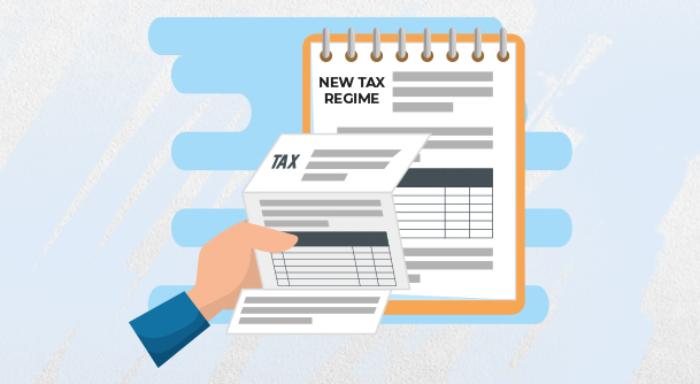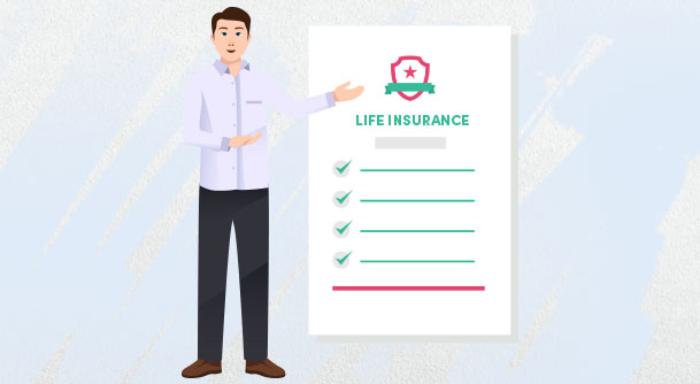What Most People Miss in the Fine Print of Term Insurance Policies?
Blog Title
385 |
11/10/25 7:40 AM |
When was the last time you read every word of a document before signing it? When you buy a term insurance plan, the focus is often on the big numbers. This includes things like the sum assured or the monthly premium.
But the real story lies in the fine print. These details, often overlooked, can make all the difference when it comes to your family’s financial security.
Let’s break down what you need to watch out for in your term life insurance policy. We shall use real-world examples and clear explanations to help you avoid costly mistakes.
Why is Reading the Fine Print Important?
The “fine print” refers to detailed policy clauses, terms, exclusions, and conditions. They define how and when your term insurance plan works. And more importantly, when it doesn’t.
You might assume that once you buy a term policy, your family is fully protected. However, many claims get rejected or delayed because policyholders miss important clauses in the policy document.
For instance, Rajesh from Madurai believed his family would get ₹1 crore from his term policy. But when he passed away, the claim was rejected. It happened because he hadn’t disclosed his hypertension. The policy clearly stated that pre-existing conditions must be declared. Sadly, his family was left without the financial support he had planned for.
Key Elements Often Missed in the Fine Print
Riders and Their Conditions
Riders are add-ons that enhance your term insurance plan. For example, accidental death, critical illness, or disability benefits. While they offer extra protection, each comes with its own set of terms and exclusions.
For instance, an accidental death rider may not cover certain types of accidents. Or may have specific exclusions for pre-existing conditions. Always check what is included and what is not before opting for a rider.
Hence, always check:
- What’s covered?
- What’s excluded?
- Waiting periods.
- Survival periods post-diagnosis.
Claim Settlement Conditions
The claim settlement process is a crucial part of any term life insurance policy. Many people assume that their family will automatically receive the payout.
However, insurers require proper documentation. Any discrepancies like mismatched nominee details or incomplete forms can delay or even deny the claim.
Hence, if you hide smoking habits or an existing health condition, it can lead to a denial of the claim. Even if the death occurs years later.
Change in Occupation or Lifestyle
Did you switch from a desk job to a high-risk occupation like mining or aviation? Or did you pick up adventure sports as a hobby? Then, these changes can affect your policy coverage.
Failing to inform your insurer may result in reduced benefits or even claim rejection. Many policies expect you to report changes that can alter your risk profile. Even after the policy is issued.
Nominee and Assignment-Related Clauses
You may have named your spouse or child as a nominee. However, certain legal conditions or loans against the policy (in case of assignment) can impact who actually receives the money.
Let’s say you don’t appoint a nominee, or if the nominee passes away before you. The claim may go to your legal heirs. This can lead to disputes and delays.
You can also assign your policy to someone else. However, once assigned, this decision cannot be revoked. Make sure your nominee details are always up to date.
Tax Implications That Are Often Overlooked
While term insurance tax benefit under Section 80C and Section 10(10D) is a major attraction, the benefits can get restricted if:
- Premiums exceed 10% of the sum assured.
- You surrendered the policy early.
- Payouts come through riders with different tax treatments.
Also, don’t forget to account for GST on term insurance premium. It can add 18% to your annual premium cost.
Misc: Suicide Clause, Grace Period and Policy Lapse, Incontestability Clause
- Suicide Clause: Most term insurance policies do not cover death by suicide within the first year of the policy.
- Grace Period and Policy Lapse: If you miss a premium payment, there’s usually a grace period. If you don’t pay within this time, your policy may lapse. Additionally, you’ll lose coverage.
- Incontestability Clause: After a certain period (usually two years), the insurer cannot contest the policy except in cases of fraud. This protects your family from claim disputes after the contestability period ends.
Note: The contestability period is typically the first two years after a life insurance policy is issued. During this period, the insurer can review and potentially deny claims or void the policy. It usually happens if there is any misrepresentation or omission of important facts in the application.
Final Thoughts
Choosing a term life insurance policy is a crucial process and a financial promise to your loved ones. Hence, always read your term policy document thoroughly, especially the exclusions and conditions. Disclose all relevant information honestly when applying. Review and update your nominee details regularly.
Additionally, ask your insurer for clarification on any clause you don’t understand. Consider riders carefully but know their limitations.
So, the next time you explore the best term insurance policies, go beyond the brochures. Read the fine print. Understand it. Question it.








